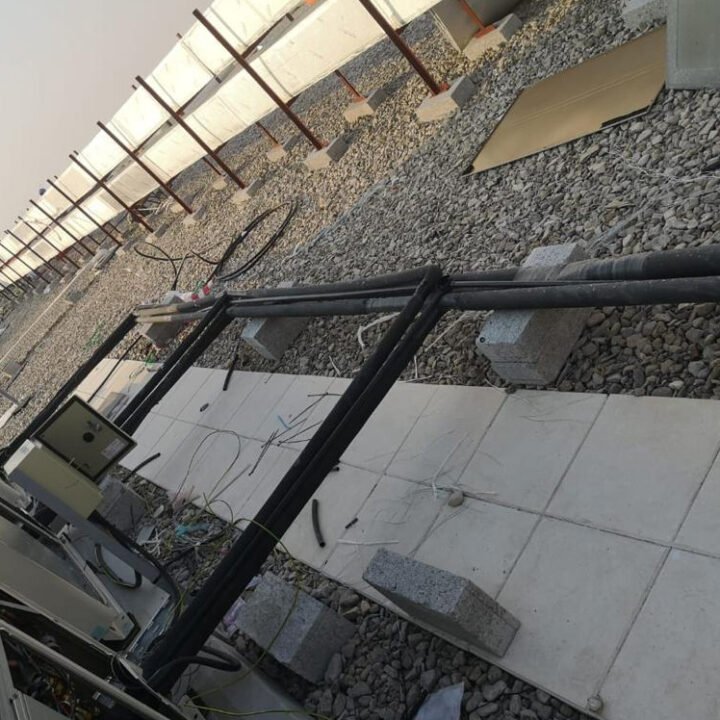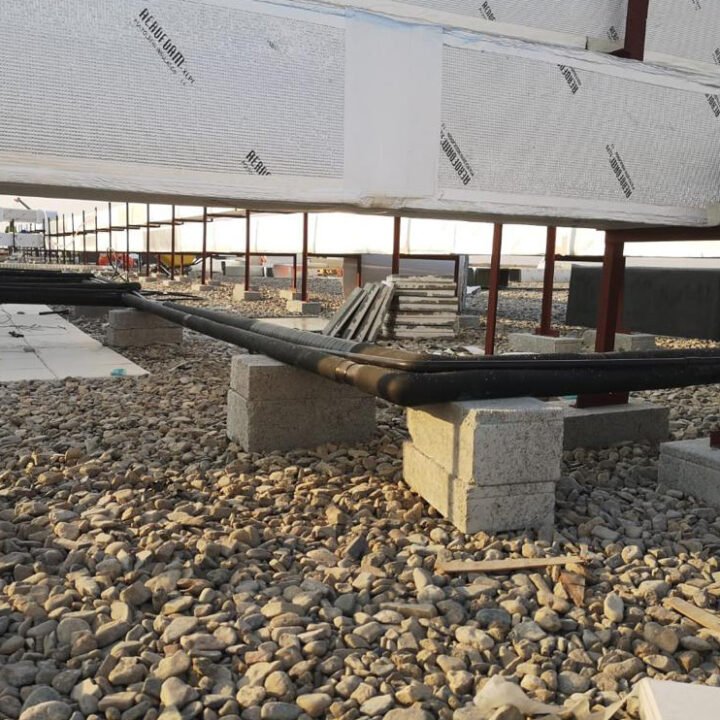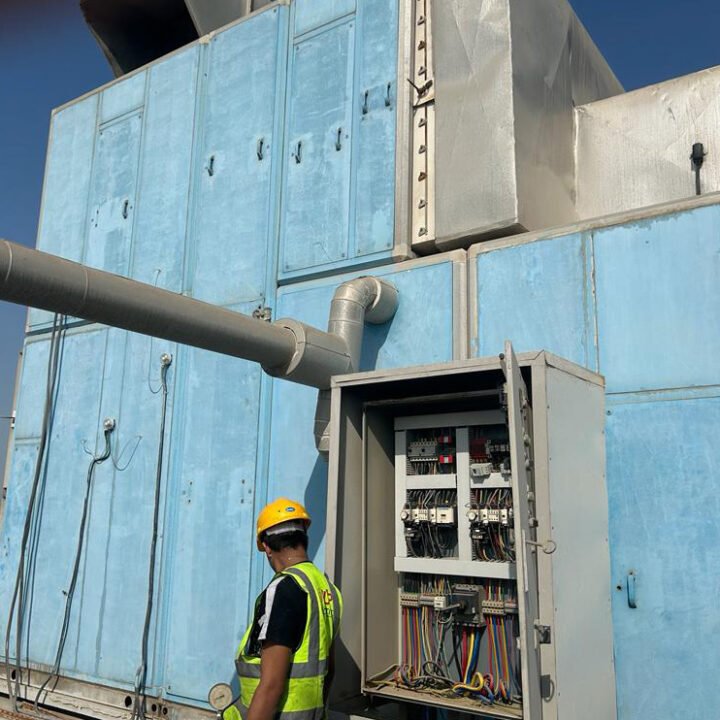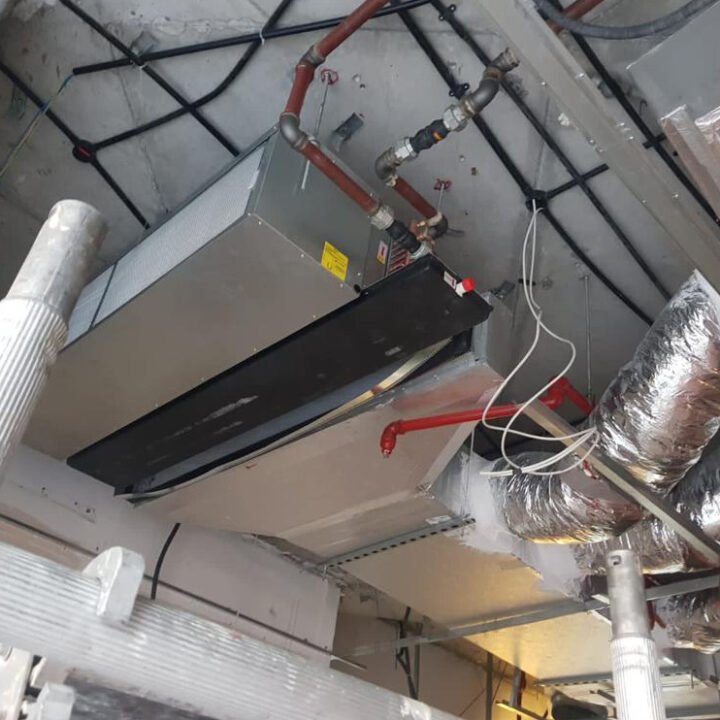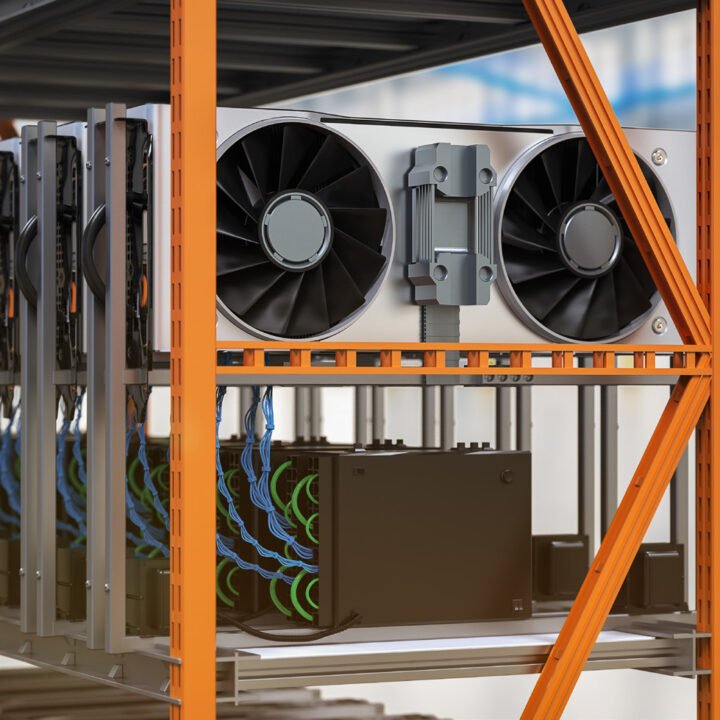Our plumbing services team handles all aspects of plumbing, water supply, drainage, swimming pool filtration systems & firefighting works. Our plumbing engineers design with an approach in influencing high water efficiency, energy, fire protection, pollution systems and a sustainable site. We are able to provide assessments, recommend alternatives, and thus provide high-functioning systems that meet the client’s very specific individual need as well as assisting in conserving natural resources.
HVAC engineering services typically include:
- Design and installation of plumbing systems: Plumbing engineers work with architects, builders, and other stakeholders to design plumbing systems that meet the specific needs of the building. They select the appropriate pipes, fixtures, and valves necessary to deliver water throughout the building and remove wastewater.
- Energy efficiency and sustainability: Plumbing engineers are responsible for ensuring that the plumbing systems they design are energy efficient and sustainable. This includes selecting water-efficient fixtures and optimizing the system’s performance to minimize water consumption and reduce the building’s environmental impact.
- Maintenance and repair: Plumbing systems require regular maintenance to ensure they operate efficiently and effectively. Plumbing engineers provide maintenance services such as cleaning, pipe repair, and system inspections. They also diagnose and repair system malfunctions.
- Compliance with regulations and codes: Plumbing engineers must ensure that the systems they design and install comply with building codes, safety regulations, and environmental standards. This includes ensuring that the systems are designed to prevent backflow and other potential health hazards.
- Water treatment and purification: Plumbing engineers are often involved in the design and installation of water treatment and purification systems. This can include systems for removing impurities and contaminants from the building’s water supply.
Overall, plumbing engineering services are essential for providing clean water to buildings and ensuring the safe and efficient removal of wastewater and sewage. Plumbing engineers play a critical role in maintaining the health and safety of building occupants and the environment.
Design in Details
In design, we bring characteristics of the natural world into built spaces, such as water, greenery, and natural light, or elements like wood and stone. Encouraging the use of natural systems and processes in design allows for exposure to nature, and in turn, these design approaches improve health and wellbeing. There are a number of possible benefits, including reduced heart rate variability and pulse rates, decreased blood pressure, and increased activity in our nervous systems, to name a few.
Over time, our connections to the natural world diverged in parallel with technological developments. Advances in the 19th and 20th centuries fundamentally changed how people interact with nature. Sheltered from the elements, we spent more and more time indoors. Today, the majority of people spend almost 80-90% of their time indoors, moving between their homes and workplaces. As interior designers embrace biophilia.
[30m2]
bedroom
[22m2]
bathroom
[28m2]
workspace
[15m2]
kitchen area
Incredible Result
Establishing multi-sensory experiences, we can design interiors that resonate across ages and demographics. These rooms and spaces connects us to nature as a proven way to inspire us, boost our productivity, and create greater well-being. Beyond these benefits, by reducing stress and enhancing creativity, we can also expedite healing. In our increasingly urbanized cities, biophilia advocates a more humanistic approach to design. The result is biophilic interiors that celebrate how we live, work and learn with nature. The term translates to ‘the love of living things’ in ancient Greek (philia = the love of / inclination towards), and was used by German-born American psychoanalyst Erich Fromm in The Anatomy of Human Destru ctiveness (1973).

